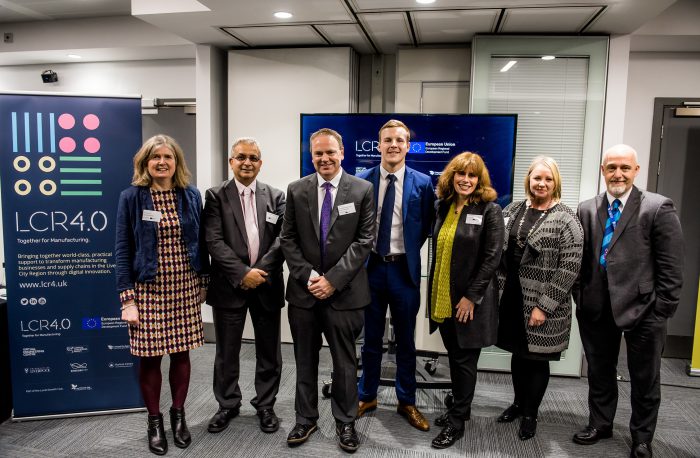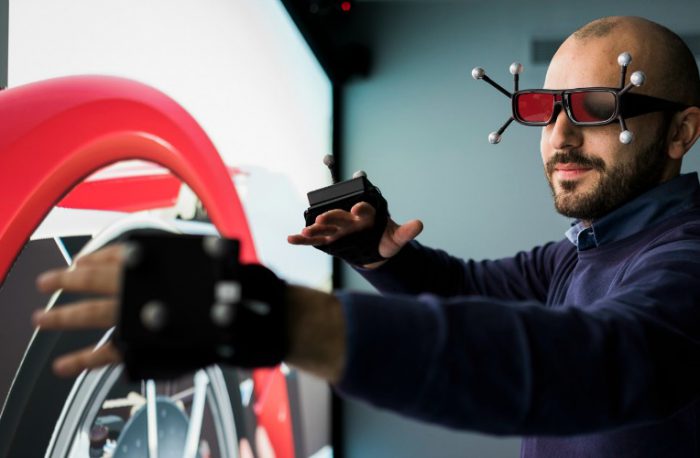Manufacturer strives to increase output by 20% through factory simulation

Widnes-based thermal engineering firm, Genlab, has deployed new simulation technology to increase factory productivity by 20 per cent, with support from LCR 4.0 delivery partner, the Virtual Engineering Centre (VEC).
Genlab specialises in the design and manufacturer of thermal engineering products such as industrial ovens, incubators and drying cabinets.
As part of the LCR 4.0 business support programme, Genlab has worked closely with the VEC to create a virtual simulation of its entire factory floor to examine whether or not a change in the machine layout and floor plan could increase efficiency.
As a result, Genlab has reduced the assembly time of each product by 30 minutes through optimising the factory layout and changing the position of its machinery and staff. This has enabled the company to boost its overall productivity by 5 percent, with the potential to increase its annual output by 20 per cent.
Data collected from the simulation will enable Genlab to further enhance its operations with supply chain partners and reduce lead times with its customers. The company can also use the tool on an ongoing basis to visualise and predict the consequences of staffing shortages on weekly production.
Phil Crompton, finance director at Genlab, said: “Before approaching the LCR 4.0 project, we knew the impact that new technologies could have on a business, but we lacked the capacity and specialist knowledge to explore what exactly it could mean for us and how we could harness it.
“This collaboration has enabled us to review our internal structure quickly and easily, without risk or interruption to our daily operations. Factory simulation has validated our ambitions to grow the business and our presence in Widnes and the wider Liverpool City Region.”
LCR4.0 – which is part-funded by ERDF – is delivered in partnership by the University of Liverpool’s Virtual Engineering Centre (VEC), Liverpool John Moores University, Sensor City, STFC Hartree Centre and the Liverpool City Region LEP (Local Enterprise Partnership).
Dr Andy Levers, technical director at the VEC and LCR 4.0 lead, added: “The work with Genlab is a great representation of how traditional manufacturers can benefit from new digital technologies, without having to make a huge investment.
“This approach paves the way for future innovation as it gives operational managers greater insight into how and where to collect valuable data from.”
With the VEC’s support, Genlab is now exploring how Industrial Internet of Things and virtual prototyping can create a new generation of products to meet its automotive and industrial clients demand.
Explore more

Lack of business support is barrier to innovation
Liverpool City Region’s manufacturers need more support to unleash the potential benefits associated with Industry…

Liverpool’s manufacturers urged to embrace innovation
Innovative SMEs will be critical to the success of the next industrial revolution which is…

LCR4.0 shaping future of manufacturing in Liverpool
LCR4.0 was the first-of-its-kind business support programme in the Liverpool City Region, to help manufacturers…